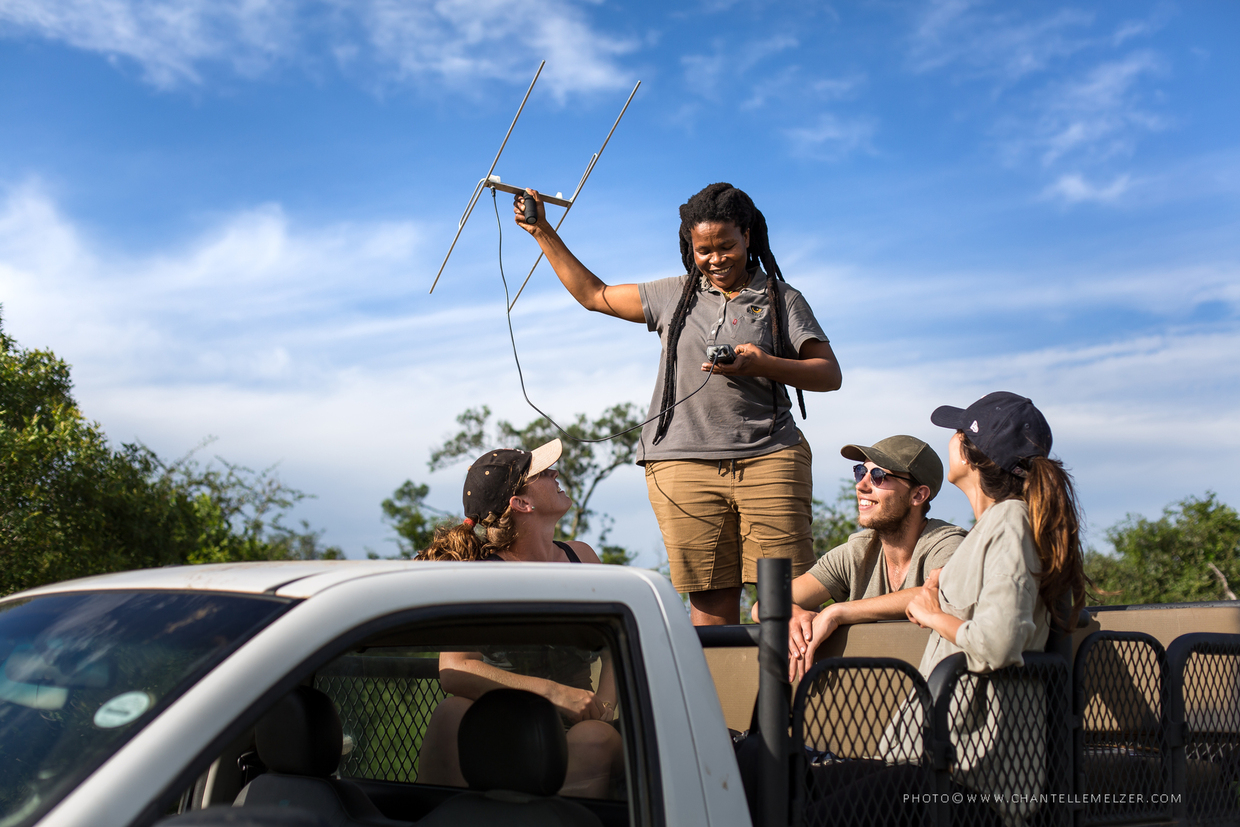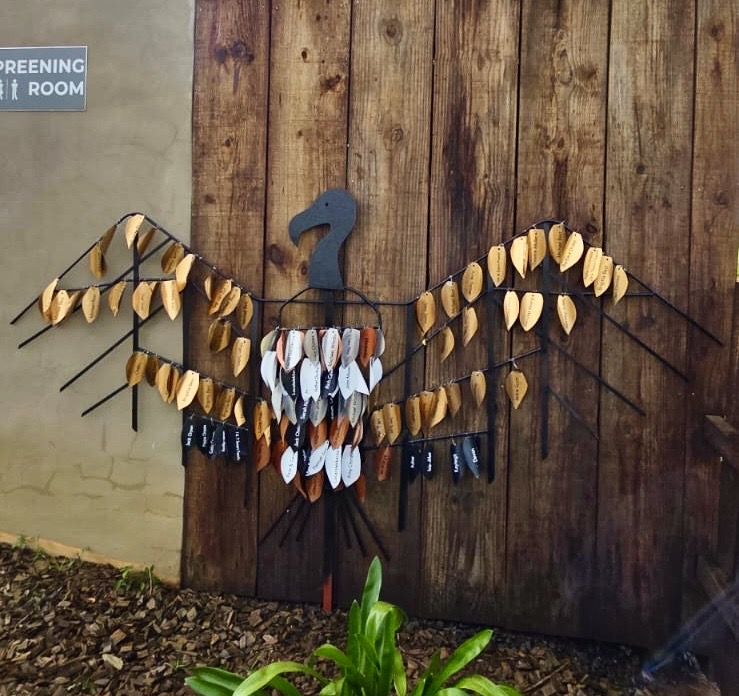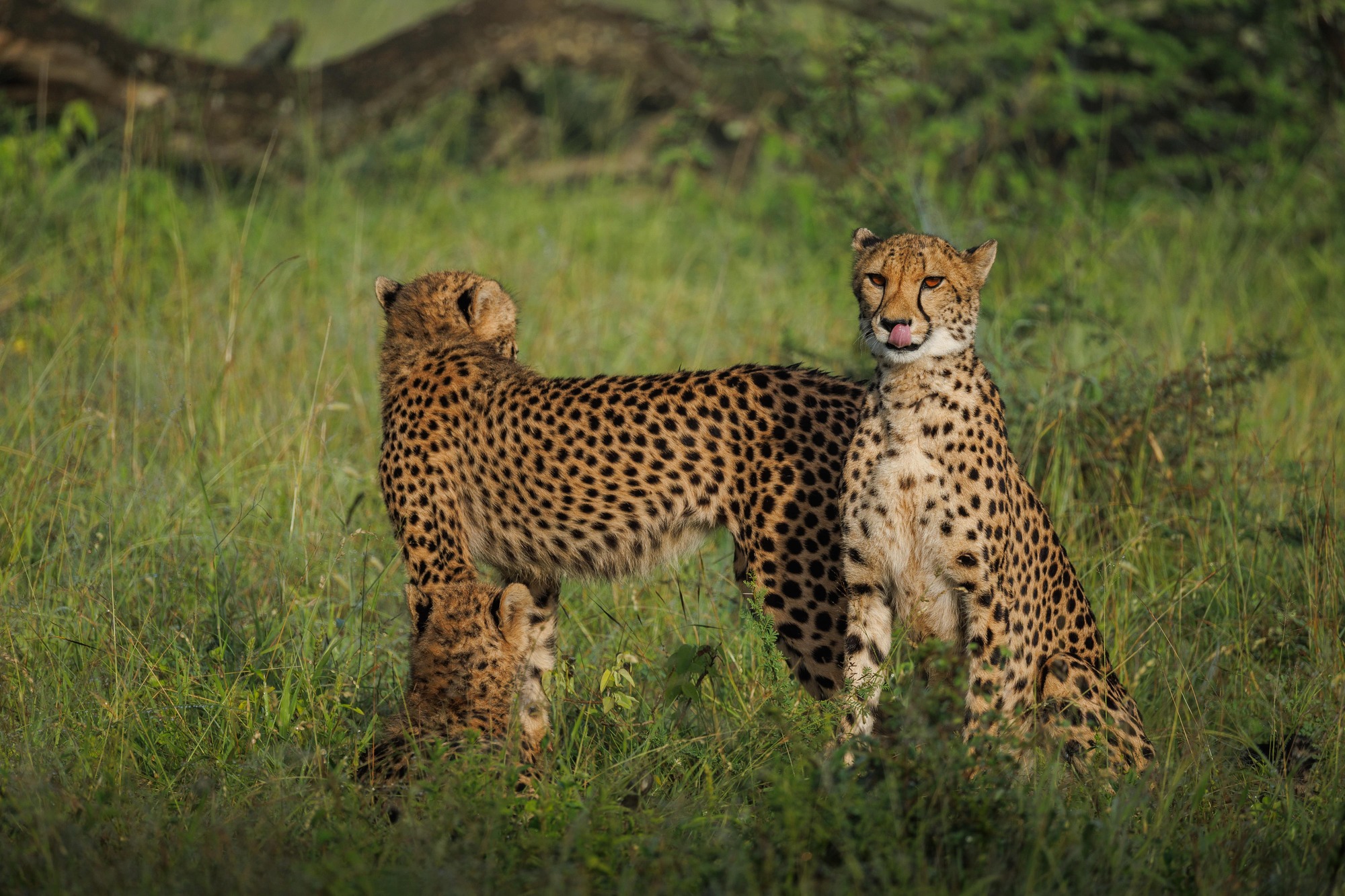From the 3rd to the 11th of September, Wildlife ACT attended the World Conservation Congress, held by the International Union for the Conservation of Nature, and hosted by the French Government in Marseille. Postponed due to Covid from its originally planned date in 2020, the impacts of the pandemic came out as a major theme – highlighted in the negative impacts on conservation activities, as well as emphasizing the importance of nature in our lives and global economies.

The IUCN is a union of members, and its strength lies its convening power, reaching out through a vast network to bring together governments, scientists, conservationists and leaders of business and financial institutions – all with a common goal of supporting a One Planet programme.
Highlights from the IUCN World Conservation Congress included the clear understanding that at least 50% of global GDP is linked and reliant in some shape or form on biodiversity. This has been clearly spelled out in the World Economic Forum’s 2021 risk report where the top 3 risks relating to global economies are nature related, including Climate Change, Biodiversity Loss and Pandemics.
It is therefore important that we move forward with a Nature Positive framework – ensuring that the private sector (and importantly the financial sector) invests less into nature-harming activities, and rather into biodiversity, ensuring a more resilient future for all.

From the World Conservation Congress came the Marseille Manifesto, a recognition that we have one nature and one future. The major themes included strengthening links between climate change and biodiversity, the important roles that local communities and indigenous people play in the sector, and the critical need to finance the work required for effective biodiversity conservation.

Global financial institutes are now taking notice of the negative impacts of biodiversity loss. Christine La Garde, the President of the European Central Bank, stipulated the importance of nature and that central banks and other financial institutions need to be investing in activities and supply chains that do not harm nature, but rather are neutral or if possible, nature positive.
The pandemic has shown the need for resilience amongst human populations. Diversity combats the spread of viruses, and we therefore need to maintain natural diversity to protect populations from such swift spread of disease.
Agriculture and its industrialization has evolved over the years to consist of extensive monoculture, requiring constant intervention in the form of fertilizers and pesticides to maintain its productivity. Are we, as humans, heading down that same path – requiring vaccines and medicine to help us maintain our resilience rather than maintaining a naturally resilient system through diversity?
We need nature, as living with nature makes us more resilient, so let’s work towards nature-positive lifestyles, incorporating this philosophy into our everyday actions around consumption and production.
- Text by Wildlife ACT Managing Director, Mark Gerrard
More IUCN World Conservation Congress Highlights at www.iucncongress2020.org




.jpg)




